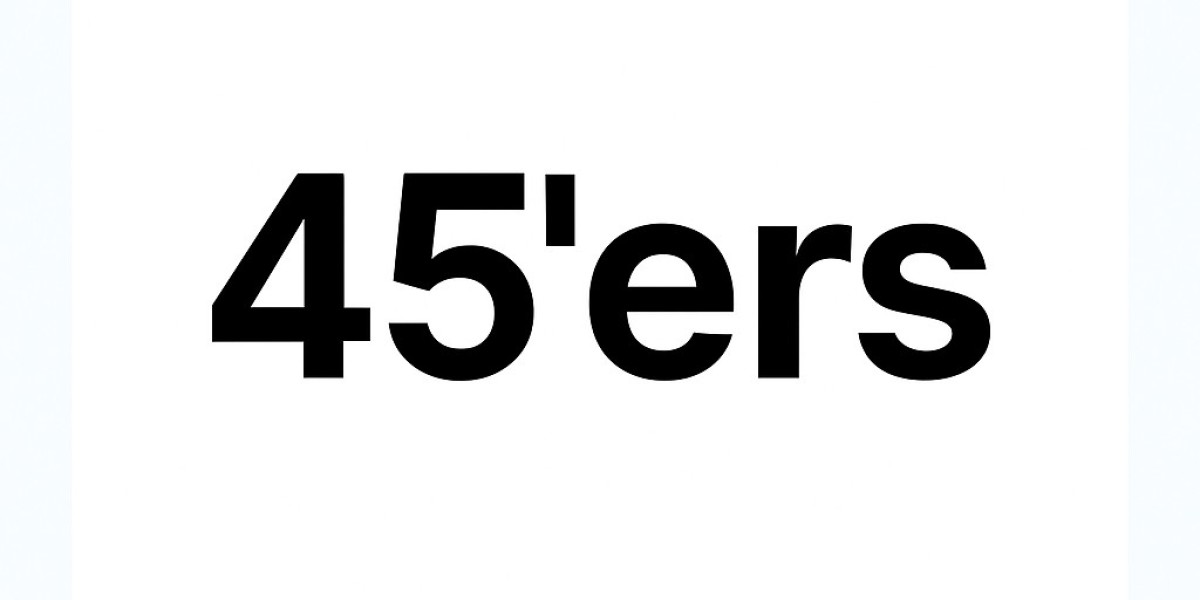The IB Chemistry HL exam is one of the most challenging assessments in the International Baccalaureate Diploma Programme. Designed to test both theoretical understanding and practical skills, it requires students to synthesize knowledge across multiple areas of chemistry. Success in this exam depends on a combination of conceptual mastery, problem-solving ability, and strategic exam preparation.
This guide provides an overview of the IB Chemistry HL exam, its structure, key preparation strategies, and tips to maximize performance.
Structure of the IB Chemistry HL Exam
The IB Chemistry HL exam assesses students through both external examinations and internal assessments. Understanding the format is the first step in effective preparation.
1. External Assessment (80%)
The external exam consists of three papers:
Paper 1:
Multiple-choice questions covering core and HL content.
Tests conceptual understanding, basic calculations, and knowledge of chemical principles.
Paper 2:
Short-answer and extended-response questions.
Covers both core and HL topics, including stoichiometry, kinetics, equilibrium, acids and bases, and organic chemistry.
Paper 3 (HL only):
Focused on higher-level topics.
Includes data analysis, experimental design, and problem-solving tasks.
Often integrates multiple areas of chemistry, testing the ability to apply knowledge in new contexts.
2. Internal Assessment (IA) – 20%
The Internal Assessment (IA) is a student-designed laboratory investigation. While not part of the external exam, it is crucial for the final grade. The IA demonstrates practical skills, experimental design, data analysis, and scientific communication.
Examples of IA projects include:
Investigating reaction rates under different conditions
Studying thermodynamic changes through calorimetry
Exploring solubility or pH effects
Key Topics to Focus on for the IB Chemistry HL Exam
To excel in the IB Chemistry HL exam, students should have strong knowledge in both core and HL topics. Key areas include:
Core Topics
Atomic structure and periodicity
Bonding and structure
Stoichiometry and chemical reactions
Energetics and thermochemistry
Kinetics and reaction rates
Equilibrium and acids/bases
Redox reactions and electrochemistry
HL Extension Topics
Advanced bonding theories and molecular orbital theory
Thermodynamics (entropy, Gibbs free energy)
Advanced kinetics (Arrhenius equation, integrated rate laws)
Organic chemistry (mechanisms, spectroscopy, stereochemistry)
Advanced equilibrium and solubility products
Mastering these topics allows students to answer questions efficiently and accurately during the exam.
Effective Study Strategies for the IB Chemistry HL Exam
1. Practice Past Papers
Regularly solving past IB Chemistry HL exam papers familiarizes students with question formats, time management, and the types of calculations frequently tested.
2. Understand, Don’t Memorize
Conceptual understanding is crucial. Focus on how and why reactions occur rather than just memorizing facts.
3. Focus on Data Analysis Skills
Paper 3 emphasizes interpreting data and designing experiments. Practice analyzing graphs, tables, and experimental results.
4. Consolidate Notes and Key Formulas
Create a summary sheet of essential equations, constants, and mechanisms. This helps in quick revision before the exam.
5. Strengthen Laboratory Skills
While the IA is separate from the external exam, practical understanding supports theoretical questions, particularly those involving experimental design or error analysis.
6. Time Management
During practice, simulate exam conditions. Allocate time per question based on marks and difficulty to ensure completion.
Common Challenges in the IB Chemistry HL Exam
Complex Calculations
Thermodynamics, kinetics, and equilibrium often require multi-step calculations. Practicing regularly builds confidence.Organic Mechanisms
Students may struggle with reaction pathways and stereochemistry. Drawing stepwise mechanisms and labeling reagents clearly is crucial.Integration of Topics
Many questions combine multiple areas, such as linking kinetics with thermodynamics or organic reactions with spectroscopy. Practice interdisciplinary problems to prepare.Time Pressure
HL exams are longer and more complex than SL exams. Effective pacing and practice are essential.
Tips for Success in the IB Chemistry HL Exam
Revise Consistently: Don’t cram. Regular review of notes, formulas, and past papers improves recall.
Use Visual Aids: Diagrams, reaction schemes, and flowcharts aid memory and understanding.
Practice Calculations Daily: Chemistry HL requires speed and accuracy in problem-solving.
Memorize Key Constants and Units: Standard enthalpies, gas constants, and atomic weights are often needed.
Analyze Mistakes: Review incorrect practice answers to identify patterns and avoid repeating errors.
FAQs About the IB Chemistry HL Exam
1. How is the IB Chemistry HL exam different from SL?
HL includes all SL content plus additional higher-level topics and Paper 3, which focuses on advanced data analysis, experimental design, and problem-solving.
2. How long is the HL Chemistry exam?
The external exam typically lasts around 6–7 hours in total across three papers, in addition to the IA.
3. Which topics are most heavily tested?
Equilibrium, thermodynamics, kinetics, and organic mechanisms are often emphasized, along with data analysis in Paper 3.
4. Can I use the IA to prepare for the exam?
Yes. Understanding your IA experiments and concepts strengthens your ability to answer practical and analytical questions.
5. How can I improve my time management during the exam?
Practice past papers under timed conditions and allocate time based on marks. Start with questions you’re confident in, then move to more complex ones.
Conclusion
The IB Chemistry HL exam is demanding, combining theoretical, practical, and analytical components. Success requires a clear understanding of concepts, consistent practice, and strategic exam preparation. By mastering key topics, honing problem-solving skills, and practicing past papers, students can approach the exam with confidence and achieve strong results in IB Chemistry HL.







